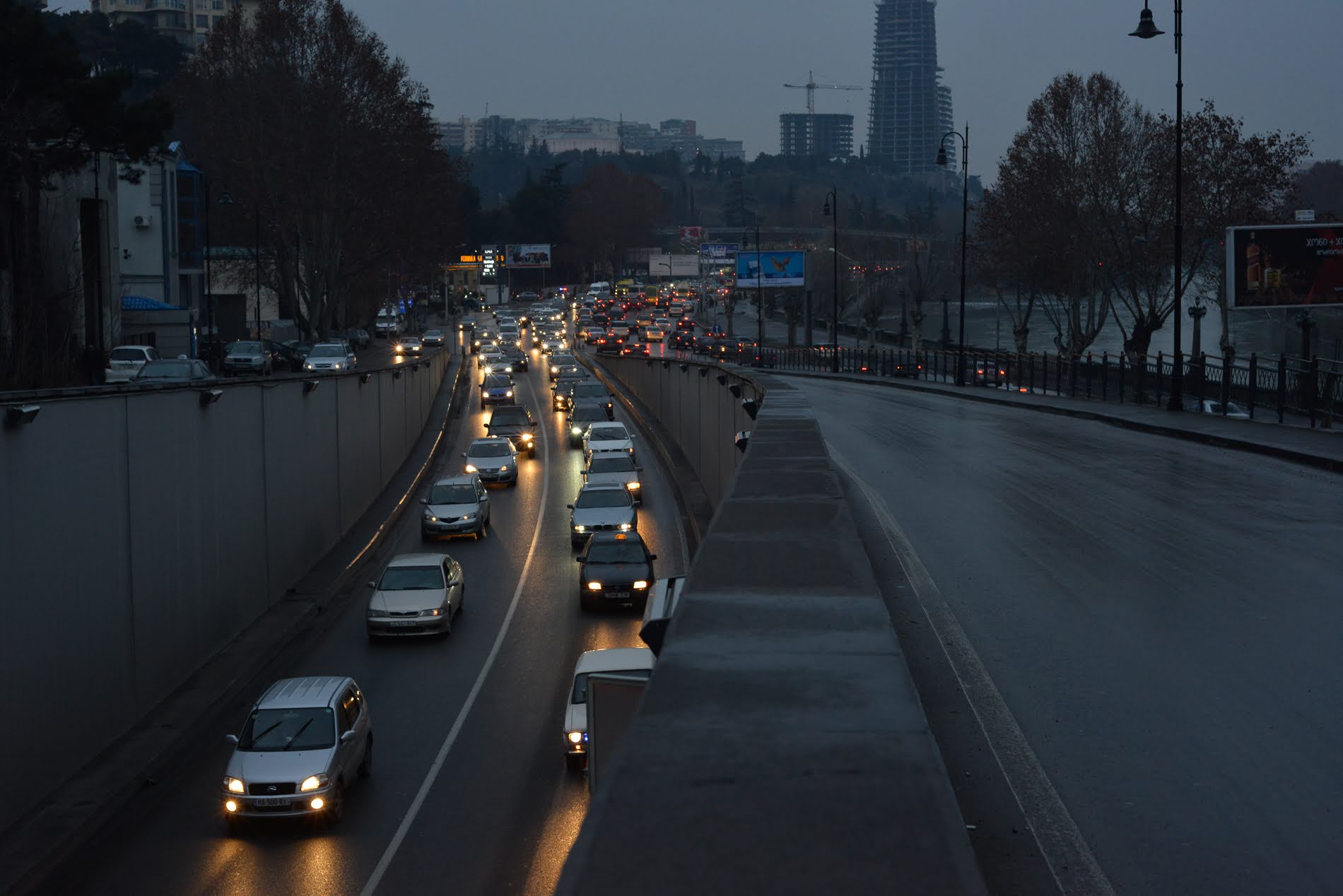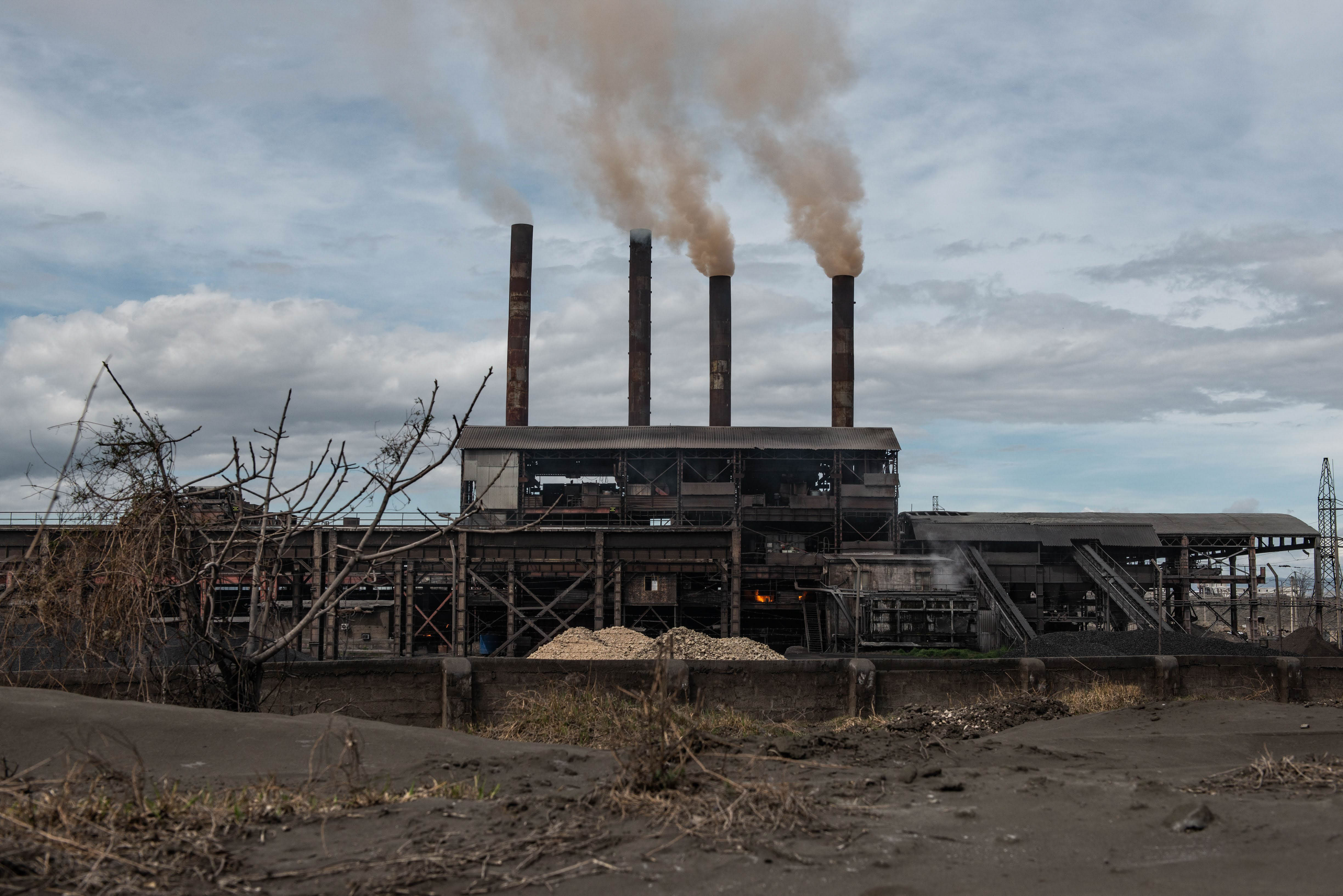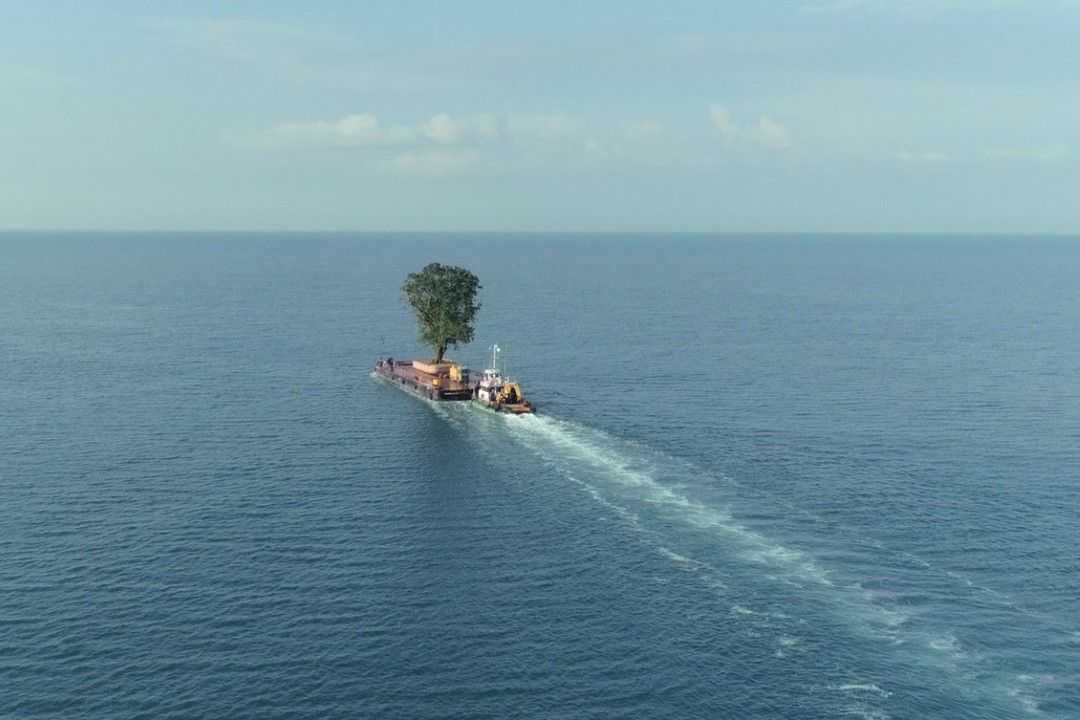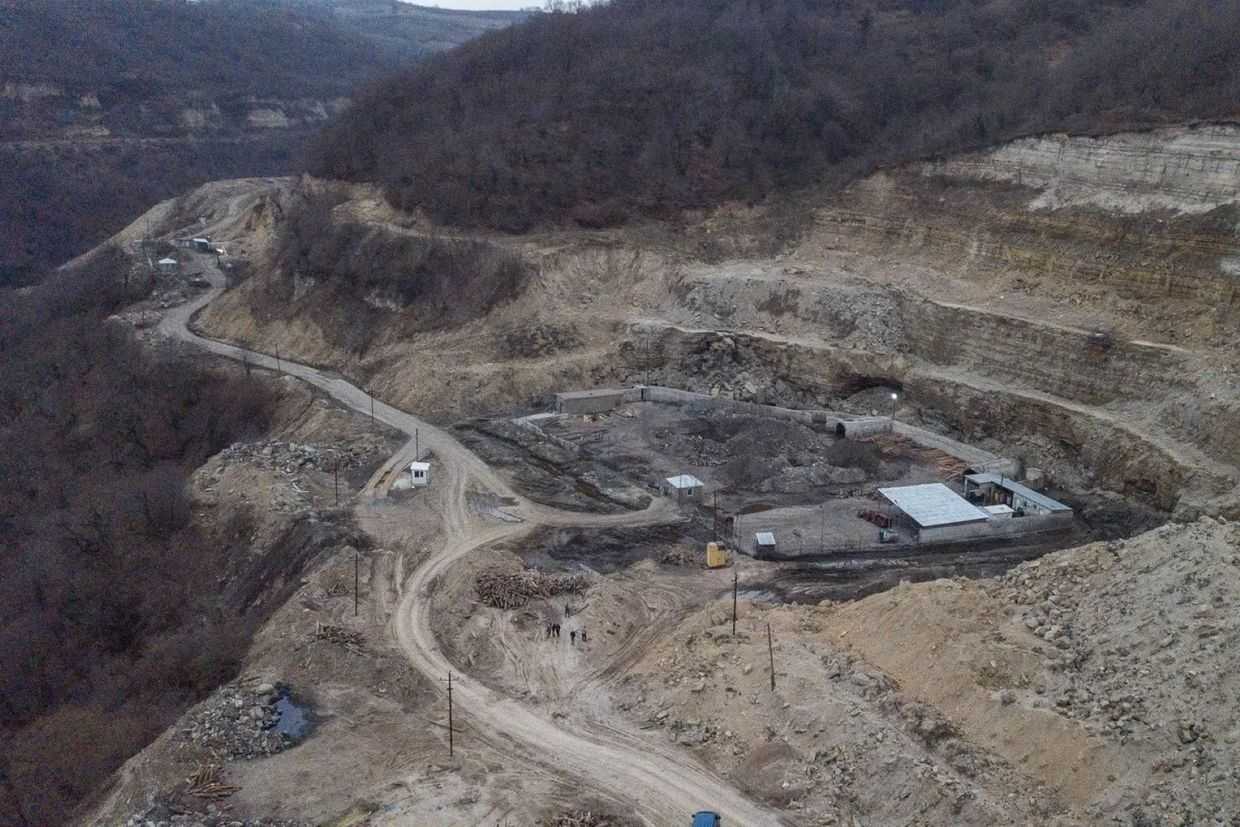
From Monday, exhaust from private cars is being monitored in four of Georgia’s largest cities, with drivers whose emissions exceed established limits facing fines. The move is aimed at reducing high levels of urban air pollution, which have reportedly increased in recent years.
The resolution means that patrolling teams will monitor the visible exhaust of cars of both Georgian citizens and foreign residents for harmful substances in Tbilisi, Kutaisi, Batumi, and Rustavi. Drivers will be fined if the car’s emissions exceed established norms.
The move comes just over two months after the government announced that the import of cars produced before 2013 will be banned from 2024, as part of a drive to tackle severe air pollution in Georgia’s cities.
The Department of Environmental Supervision stated that fines would be different for individuals and legal entities, with individuals fined between ₾100 ($38) for a first offence and ₾600 ($230) for an offence repeated within 15 days, and legal entities from ₾500 ($190) to ₾3000 ($1100).
Tariel Iremadze, the deputy head of the environmental supervision department of the Ministry of Environmental Protection and Agriculture, said that a total of 10 teams across the four cities will ‘continuously’ patrol the cities. The teams will stop and test cars whose exhaust they have reasonable grounds to consider worth testing, whether because the exhaust appears dark or for other reasons.

According to Iremadze, if the driver or owner of the car, conducts an inspection of the vehicle at an accredited inspection centre at their own expense, and the car’s emissions are found to be within the established norms, they will be exempted from the fine. If the emissions are found to exceed those limits, the person will have to cover both the fine and the cost of technical inspection.
Since 2018, an annual technical inspection of vehicles registered in Georgia has become compulsory, as part of which vehicle emissions are checked.
An unequal impact
The number of cars in Tbilisi has reportedly more than tripled in just over a decade, with Tbilisi Mayor Kakha Kaladze stating that the number of vehicles moving at peak hour had increased from 180,000 in 2012 to 600,000 in 2023. He noted that the resulting emissions and air pollution were ‘a big problem’ in terms of their impact on people.
A 2023 World Bank study also found that air pollution was highest in Tbilisi’s city centre and contributed significantly to the likelihood of being hospitalised as a result of respiratory diseases or mental illnesses. The study recommended that Georgia prioritise reducing emission from transportation, with a particular focus on decreasing traffic congestion in the city centre, alongside tackling industrial emissions.
However, whether the measure is as suitable for the other three cities is unclear.
Speaking to OC Media, Data Tsintsadze, the founder of NAPIRZE, a project restoring Rustavi’s floodplain, who has worked on air pollution in Rustavi, said that the measure would have a ‘much bigger’ impact in Tbilisi than in Rustavi.
‘Air pollution in Georgia has several ingredients and of course car emissions are one of those, but in the case of Rustavi, it’s not the main one’, said Tsintsadze. He added that Rustavi’s pollution was primarily related to heavy industry in the city, transborder pollution, and desertification of surrounding areas due to uncontrolled areas.
[Read on OC Media: In pictures | Rustavi: The city of factories]
Tsintsadze suggested that while the regulation would have ‘some impact’ on air quality in Rustavi, the problem required a wider and more complex approach, including creating and restoring ecosystems, and managing ‘uncontrolled’ grazing in east Georgia.

‘Rustavi is a crossroads for grazing routes’, said Tsinstadze. ‘It needs to be managed [to prevent desertification] […] Give shepherds one particular area for one year, and change that area for the next year and so on.’
Speaking at a session of government on 12 June, Georgian Prime Minister Irakli Gharibashvili claimed that Georgia’s air pollution issues were related to ‘the presence of too many defective vehicles’, prompting the introduction of a ban on imports of cars produced before 2013 from 2024.
‘We have two problematic and polluting substances in the country — these are solid particles and nitrogen dioxide’, said Gharibashvili. ‘The measurements of the last four years show us that the main source of air pollution with nitrogen dioxide is very old and malfunctioning motor vehicles.’
The prime minister added that measurements of air quality in 2022 found that concentrations of harmful substances had ‘recently’ increased significantly, requiring ‘a timely response’. While levels of nitrogen dioxide were high in a number of Georgia’s cities, the issue was ‘most acute’ in Tbilisi, with levels twice the permissible norms on some streets.
According to Georgia’s National Centre for Disease Control, the health effects of short-term exposure to air pollution include increased risk of respiratory and cardiovascular diseases, with long-term effects including higher mortality due to respiratory and cardiovascular diseases, increased frequency of chronic respiratory disease, chronic changes in physiological function, increased incidence of lung cancer, and detrimental effects on foetal growth during pregnancy.







